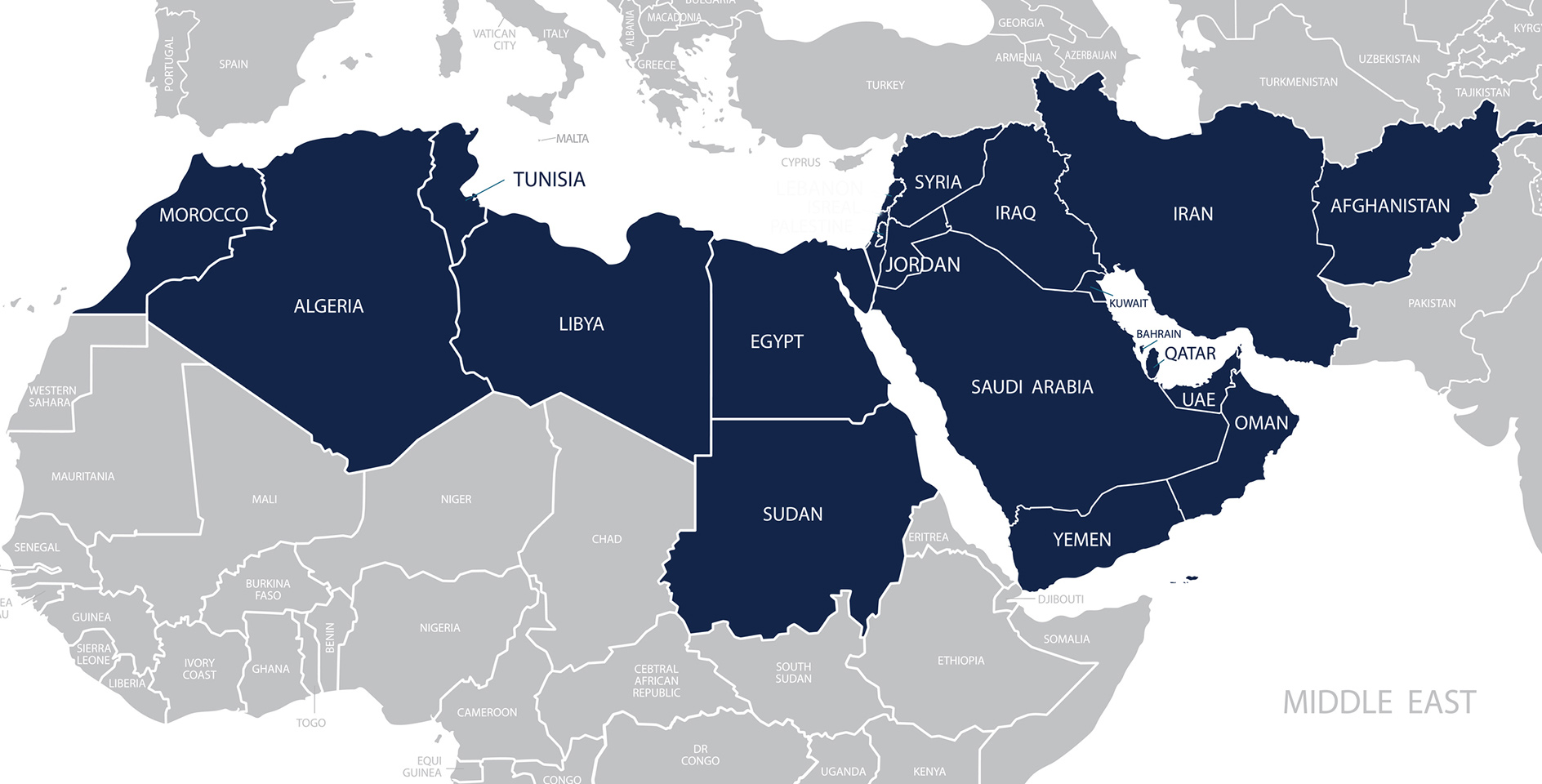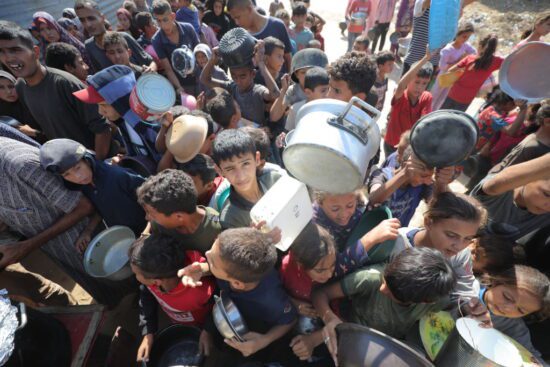A recent report commissioned by the British foreign secretary, Jeremy Hunt, highlights the extent of global persecution of Christians, especially in the Middle East and North Africa where persecution is rising to the level of genocide.
Hunt, an Anglican, has made the issue of Christian persecution one of the major themes of his foreign secretaryship, notes The Guardian.
“What we have forgotten in this atmosphere of political correctness is actually the Christians that are being persecuted are some of the poorest people on the planet,” said Hunt. “In the Middle East the population of Christians used to be about 20 percent; now it’s 5 percent.”
Here are five facts you should know from the report about persecution of Christians in the Middle East and North Africa:
1. The persecution of Christians is perhaps at its most virulent in the region of the birthplace of Christianity—the Middle East & North Africa, claims the report. The eradication of Christians on “pain of ‘the sword’ or other violent means” is the specific and stated objective of extremist groups in Syria, Iraq, Egypt, and north-east Nigeria. As the report adds, the level and nature of persecution is arguably coming close to meeting the international definition of genocide. Genocide is a crime under both federal and international law. Article 2 of the Geneva Convention defines genocide as any of the following acts committed with intent to destroy, in whole or in part, a national, ethnic, racial or religious group: (a) Killing its members; (b) Causing serious bodily or mental harm to members of the group; (c) Deliberately inflicting on the group conditions of life calculated to bring about its physical destruction in whole or in part; (d) Imposing measures intended to prevent births within the group; (e) Forcibly transferring children of the group to another group.
2. The forms of persecution range from routine discrimination in education, employment, and social life up to kidnapping, murder, and other genocidal attacks against Christian communities. Although persecution has led to a significant exodus of Christian believers from this region since 2000, it has become worse over the past 20 years. The 2011 uprisings and the fall of established dictatorships left a vacuum that was filled by religious extremism, which has led to increased persecutions of Christians in Egypt, Syria, Iraq, and Libya. The Arab-Israeli conflict has also caused the majority of Palestinian Christians to leave their homeland. The number of Palestinian Christians has been reduced in the area by 87 percent.
3. In some areas of the region, the state, extremist groups, families, and communities participate collectively in persecution and discriminatory behavior. In countries such as Iran, Algeria, and Qatar, the state is the main actor, while in Syria, Yemen, Saudi Arabia, Libya, and Egypt both state and non-state actors, especially religious extremist groups, are implicated, says the report. Christians with a Muslim background are most vulnerable and face tougher persecution from all actors and especially from their families and communities. Their perpetrators have mainly been extremist groups and their own family and community members, except in Iran in which the state is the main persecutor of Christians.
4. For the past few years the most common forms of persecution have been martyrdom, violent threats, general harassment, detention, imprisonment, legal discrimination, and incitement to hatred through media and from Islamic pulpits. Confiscation of church properties and attacks on churches and properties owned by Christians is also occurring in Algeria, Egypt, Iran, and Syria. Community-based sectarian attacks on church properties have similarly increased in Egypt, Israel, and Turkey. In Turkey, Christians are depicted by the government as being a “threat to the stability of the nation.” The report finds that Turkish Christian citizens have often been stereotyped as “not real Turks” but rather as Western collaborators. Turkey’s Association of Protestant Churches in their 2018 annual Rights Violation Report claimed that anti-Christian hate speech had increased in the Turkish media including private media.
5. The report states that the “main impact of such genocidal acts against Christians is exodus.” Christianity now faces the possibility of being wiped out in parts of the Middle East where its roots go back furthest. In Palestine, Christian numbers are below 1.5 percent; in Syria the Christian population has declined from 1.7 million in 2011 to below 450,000; and in Iraq, Christian numbers have dropped from 1.5 million before 2003 to below 120,000 today. Christianity is at risk of disappearing, says the report, representing a massive setback for plurality and religious freedom in the region.










